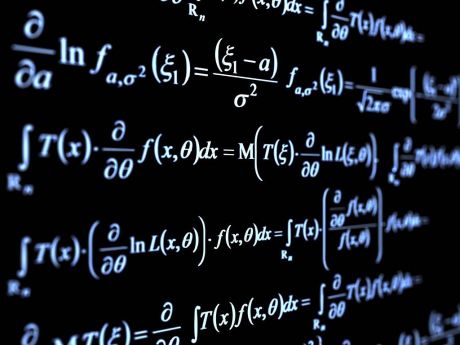
An EU-funded initiative is promoting widespread use of inquiry-based learning (IBL) in primary and secondary schools through a multi-stakeholder dissemination approach. The ultimate goal is to connect IBL in science education with the professional world, making science more meaningful for students and encouraging interest in careers in mathematics, science and technology.

Le bilan financier d'une banque fournit un instantané de ses opérations et de sa santé financière, mais des détails tels que l'actif et le passif sont largement ignorés par la macroéconomie et les communautés financières. Une initiative européenne étudie les bilans financiers pour mieux connaître leur impact sur l'industrie financière et sur l'économie.

A bank's balance sheet provides a snapshot of operations and financial soundness, yet details such as assets and liabilities go largely ignored by macroeconomics and finance communities. An EU initiative is exploring balance sheets to gain insight into their impact on the financial industry and economy.
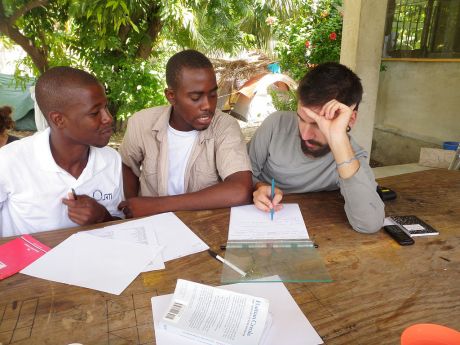
A study looks at how ambiguity in lexical forms and word meanings function across languages of multilingual persons and foreign language learners. It can help create a better understanding of the patterns of interaction between speakers, which is highly useful in today's global society.

Optimisation problems arise in many different mathematical disciplines. EU-funded scientists addressed the optimisation problems involving non-convex eigen value functions that arise in theory as well as in practice, particularly in engineering.

Over the last decades, computational fluid dynamics (CFD) has become widely accepted as the main method for evaluating the aerodynamic performance of new designs. EU-funded researchers have proposed a new approach to drastically reduce the turnaround time of such high-fidelity simulations.
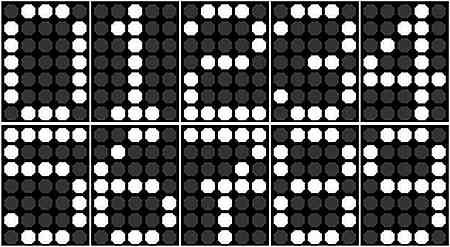
Are natural numbers real or human constructs? An EU study aimed to bridge the divide between philosophical and cognitive viewpoints via re-examination of certain arguments and new collaborative discussion.

The marriage of information theory and quantum mechanics gave rise to the field of quantum computing. Now, scientists have advanced a mathematical formalism that promises to make practical implementation possible.

EU-funded scientists have developed solid theoretical foundations to analyse general dynamic systems formulated in metric spaces to investigate their solvability and solution features.

The European statistical physics community has established a long tradition of cross-border research collaborations. However, it has not so far acted together in coordinated efforts for young scientists to join research teams and enhance their career prospects.

Advances in computational techniques and computing power are continuously expanding the range of simulation applications as well as their accuracy. EU-funded researchers worked on simulations of electromagnetic fields to assist the design and performance prediction of power devices.

EU-funded research has produced novel formulations of causal relationships at the quantum scale. The theoretical tools will make a major contribution to both fundamental understanding of quantum physics and to development of quantum devices.

Generally, computer music is any music constructed, reproduced or performed with the aid of computer technology. The term usually refers to real-time music that computer software generates based on a predetermined set of constraints.
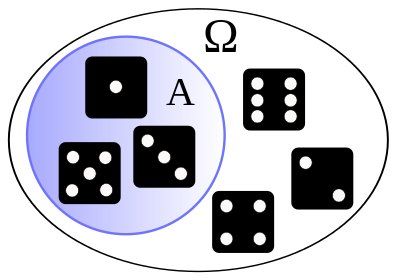
EU-funded research has made important progress in deriving mathematical descriptions of quantum probability, an extension of classical probability that has important applications in quantum physics and telecommunication.
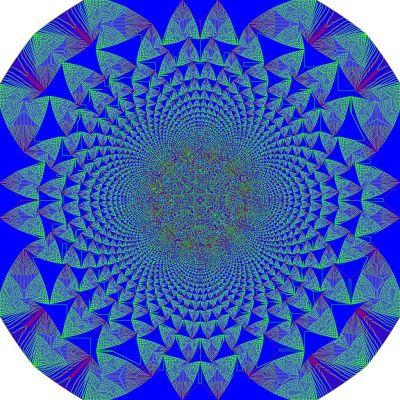
Not many of us can boast being described as a ‘tour de force’ in our field. Nor can we say that our work has reached ‘masterpiece’ status among our contemporaries. As one of the top experts in dynamical systems theory in the world, these plaudits and more have been heaped on French-Brazilian mathematician, Dr Artur Avila.

Mathematicians are similar to historians in that they are devoted to finding and interpreting patterns. Like historians, they have to deal with criticism that some theories are of little practical benefit. This is a futile debate, says mathematician Dr Francis Brown who attends the International Congress of Mathematicians ICM taking place in Seoul this summer (South Korea). Through an ERC-funded project, he has developed an algorithm of immense importance to particle physics, using numbers first developed for their aesthetic appeal over 300 years ago. Sometimes the significance of mathematics – as with history – takes time to be revealed.
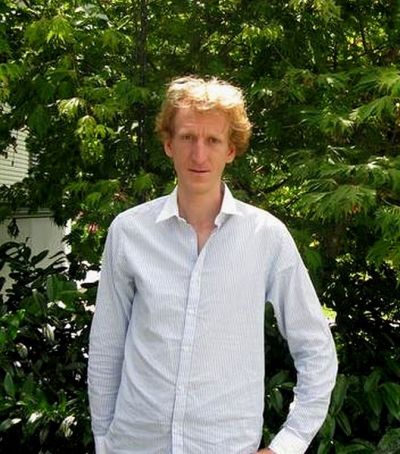
Prof. Ben Green is all about pure mathematics. Asked what is at the heart of modern society, he would probably insist on mankind’s capacity to solve problems and pass its knowledge on to new generations. The 37-year old mathematician can actually boast about his contribution to both: the International Congress of Mathematicians (ICM) which takes place this year in Seoul (South Korea) will see him give a plenary session which he proudly qualifies as the pinnacle of his career. With his ERC grant, he is now providing young mathematicians with an opportunity to shine.
















